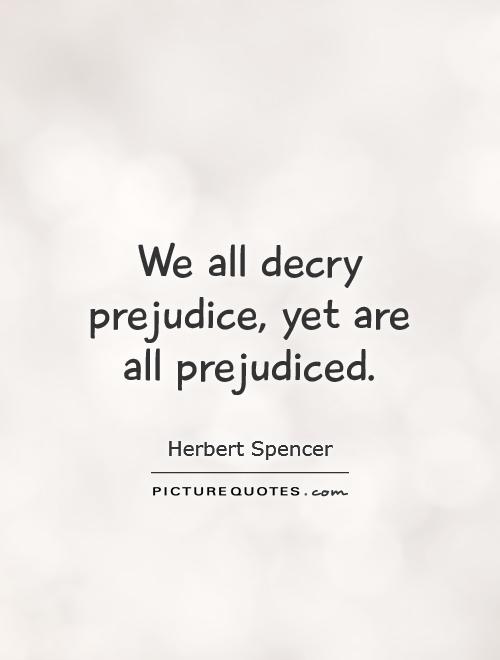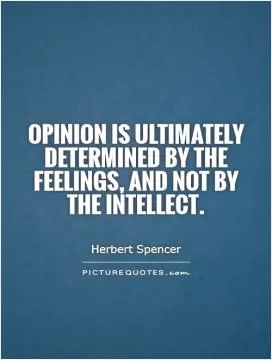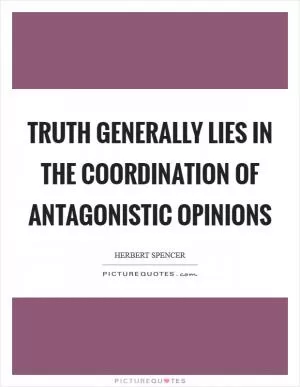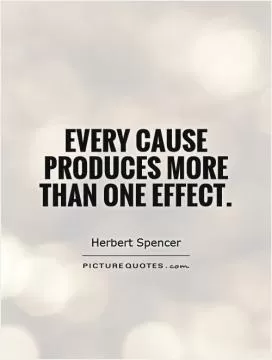
We all decry prejudice, yet are all prejudiced

We all decry prejudice, yet are all prejudiced
Herbert Spencer, a prominent English philosopher and sociologist, once said, "The ultimate result of shielding men from the effects of folly is to fill the world with fools." This quote speaks to the idea that prejudice, or preconceived opinions that are not based on reason or actual experience, can lead to ignorance and closed-mindedness. While many of us claim to decry prejudice and strive to be open-minded, the reality is that we are all guilty of harboring prejudices in some form or another.Spencer's work often focused on the concept of social evolution and the idea that societies progress through a process of natural selection. He believed that individuals and societies should be left to their own devices, as interference from outside forces could disrupt this natural progression. However, Spencer also recognized the dangers of prejudice and the negative impact it can have on society as a whole.
Prejudice can take many forms, from racism and sexism to classism and xenophobia. It can manifest in subtle ways, such as making assumptions about someone based on their appearance or background, or in more overt ways, such as discrimination and hate speech. While we may not always be aware of our own prejudices, they can still influence our thoughts and actions in harmful ways.
One of the reasons why prejudice persists is because it is often rooted in fear and ignorance. When we encounter something or someone that is unfamiliar to us, our natural instinct is to be wary or suspicious. This fear can lead to the formation of stereotypes and biases, which can then be perpetuated through social norms and cultural attitudes.












 Friendship Quotes
Friendship Quotes Love Quotes
Love Quotes Life Quotes
Life Quotes Funny Quotes
Funny Quotes Motivational Quotes
Motivational Quotes Inspirational Quotes
Inspirational Quotes